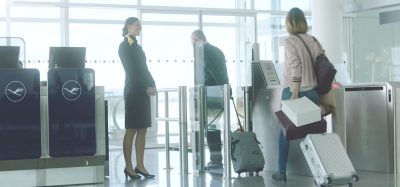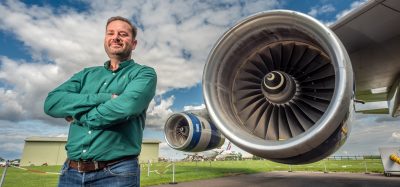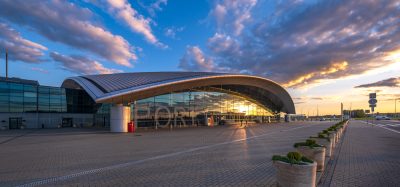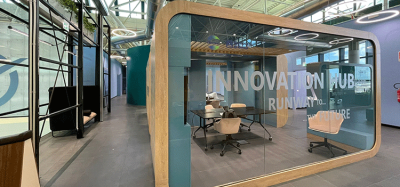Drone used for runway safety checks at Edmonton International Airport
Posted: 23 October 2019 | Rachael Harper (International Airport Review) | No comments yet
A drone has been used for data collection at Edmonton Airport to predict when to conduct preventative maintenance on its runways.
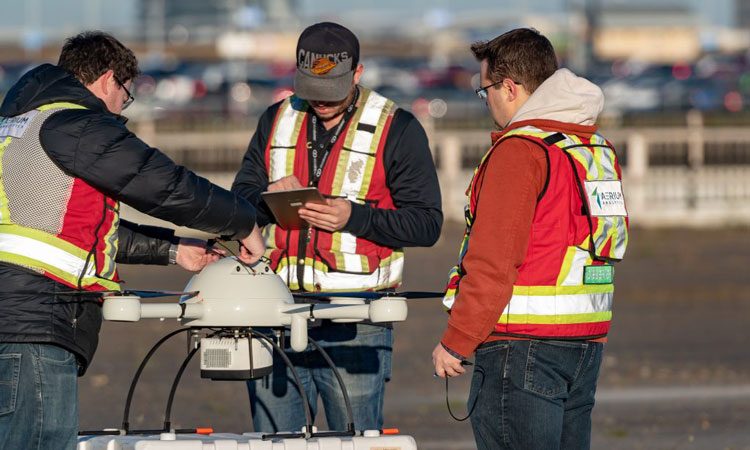

A Microdrone md4-1000, the type of drone used in the surveys at EIA (credit: EIA).
Edmonton International Airport (EIA) has used a highly specialised drone to conduct runway safety inspections as the airport continues to be a leader in the growing technology.
The Microdrone md4-1000 drone was flown to collect Lidar (Light Detection and Ranging) and imagery data of EIA’s runways. The data collected will be used to more accurately predict when to conduct preventative maintenance on runways, taxiways and aircraft handling aprons; enhancing safety.
The Remotely Piloted Aircraft System (RPAS or drone) operation was approved by Edmonton Airport (which is one of the only airports in Canada using this technology) in collaboration with Nav Canada and AERIUM RPAS.
“RPAS technology is advancing quickly and is more and more useful to EIA,” said Steve Maybee, EIA Vice President of Operations and Infrastructure. “Thanks to the hard work of our operations team and our partners in Nav Canada and AERIUM Analytics, our airport is a leader in this field, and we are fast approaching the point where drones are just part of the regular flight operations at EIA.”
EIA has two million square feet of runways, taxiways and aircraft handling aprons to maintain. The nationally recognised EIA maintenance programme requires annual pavement inspections.
RPAS has been operated at EIA before, with Robird robotic falcon flights used to control bird activity as well as drones conducting the first-ever night airport flight at EIA. RPAS has effectively helped airports control bird migration, conduct construction and maintenance surveys, and calibrate equipment as well as working with the energy and forestry industries.
Stay Connected with International Airport Review — Subscribe for Free!
Get exclusive access to the latest airport and aviation industry insights from International Airport Review — tailored to your interests.
✅ Expert-Led Webinars – Gain insights from global aviation leaders
✅ Weekly News & Reports – Airport innovation, thought leadership, and industry trends
✅ Exclusive Industry Insights – Discover cutting-edge technologies shaping the future of air travel
✅ International Airport Summit – Join our flagship event to network with industry leaders and explore the latest advancements
Choose the updates that matter most to you.
Sign up now to stay informed, inspired, and connected — all for free!
Thank you for being part of our aviation community. Let’s keep shaping the future of airports together!
Related topics
Airside operations, Drones, Maintenance, New technologies, Runways and pavements



